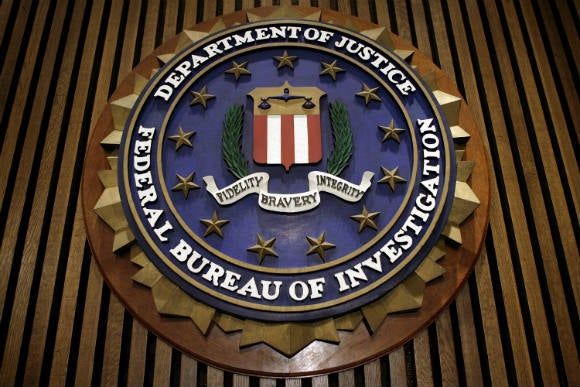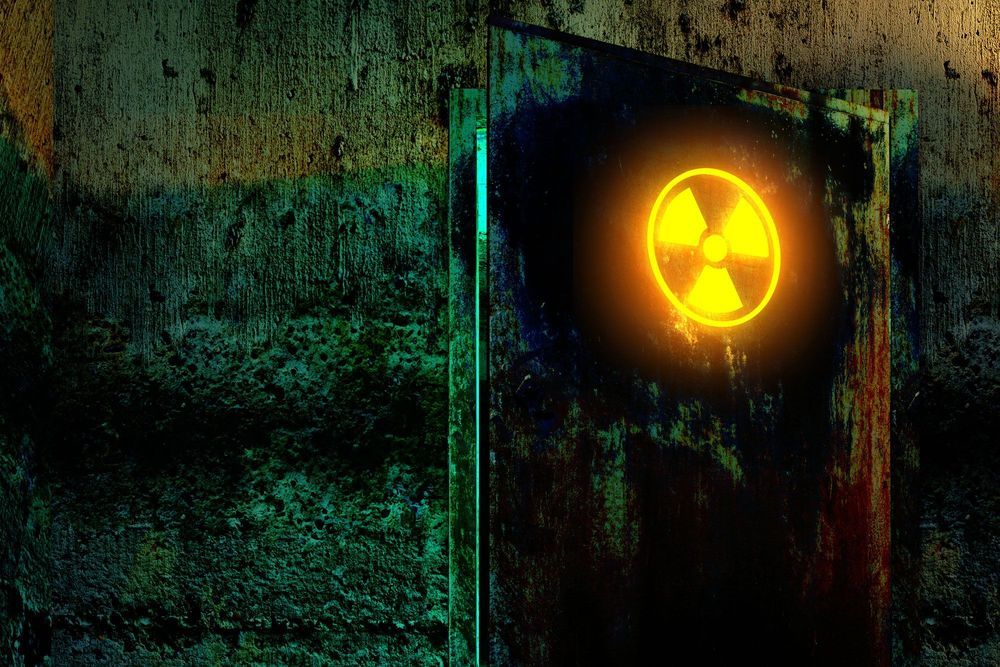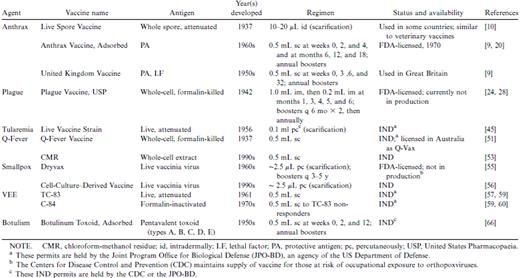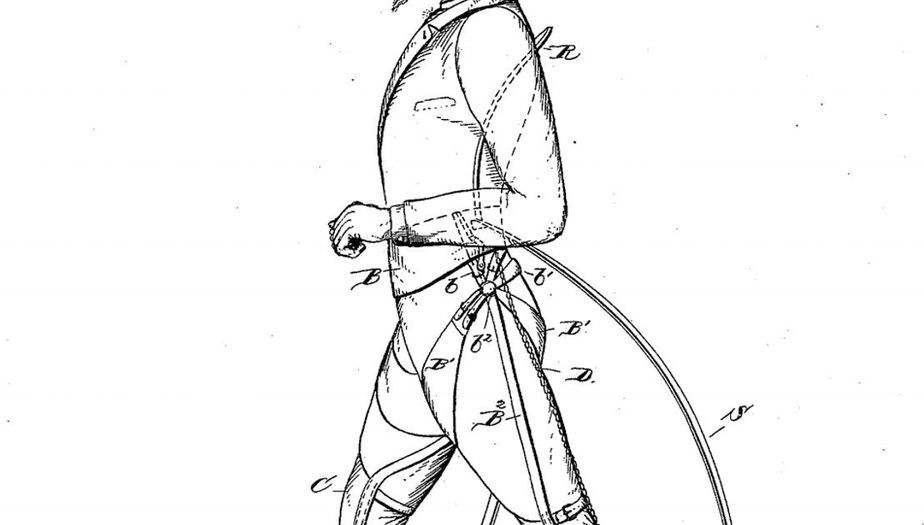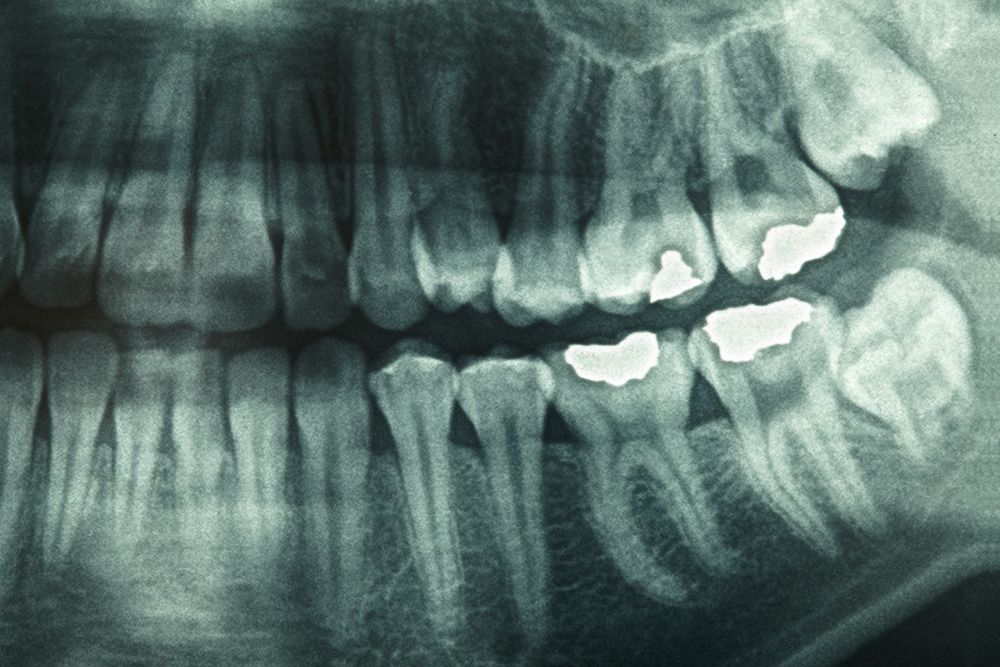O,.,o.
A team of scientists at North Carolina State University have developed a technique that could allow bricks and other common building materials to act as “cameras” that can reveal the location and distribution of radioactive materials that were once in their vicinity. Using optically stimulated luminescence, the team was able to retrieve a historical snapshot thanks to how radioactive elements like weapons-grade plutonium affected certain minerals in the materials.
On Christmas Day, 1972, the BBC aired a ghost story called The Stone Tape, which postulated that ghosts were the result of the stones in a room acting as a recording medium of past events – a stone tape, as it were. It was regarded as not only one of the best horror stories produced for television, it also popularized the hypothesis in paranormal circles known as residual hauntings or the Stone Tape theory.
Now, a North Carolina team has come up with a real-life version of the stone tape, only this time what it records is radiation, not phantoms. The idea is that building materials can act like a 3D camera that picks up residual gamma radiation signatures. This is because some minerals, such as quartz or feldspar, react to gamma rays by trapping electrons in their crystalline matrix. When stimulated, these electrons shift from their prison, releasing light that can be measured on a photomultiplier, allowing scientists to build up a picture of any strong radioactive source that might have been in the area.


